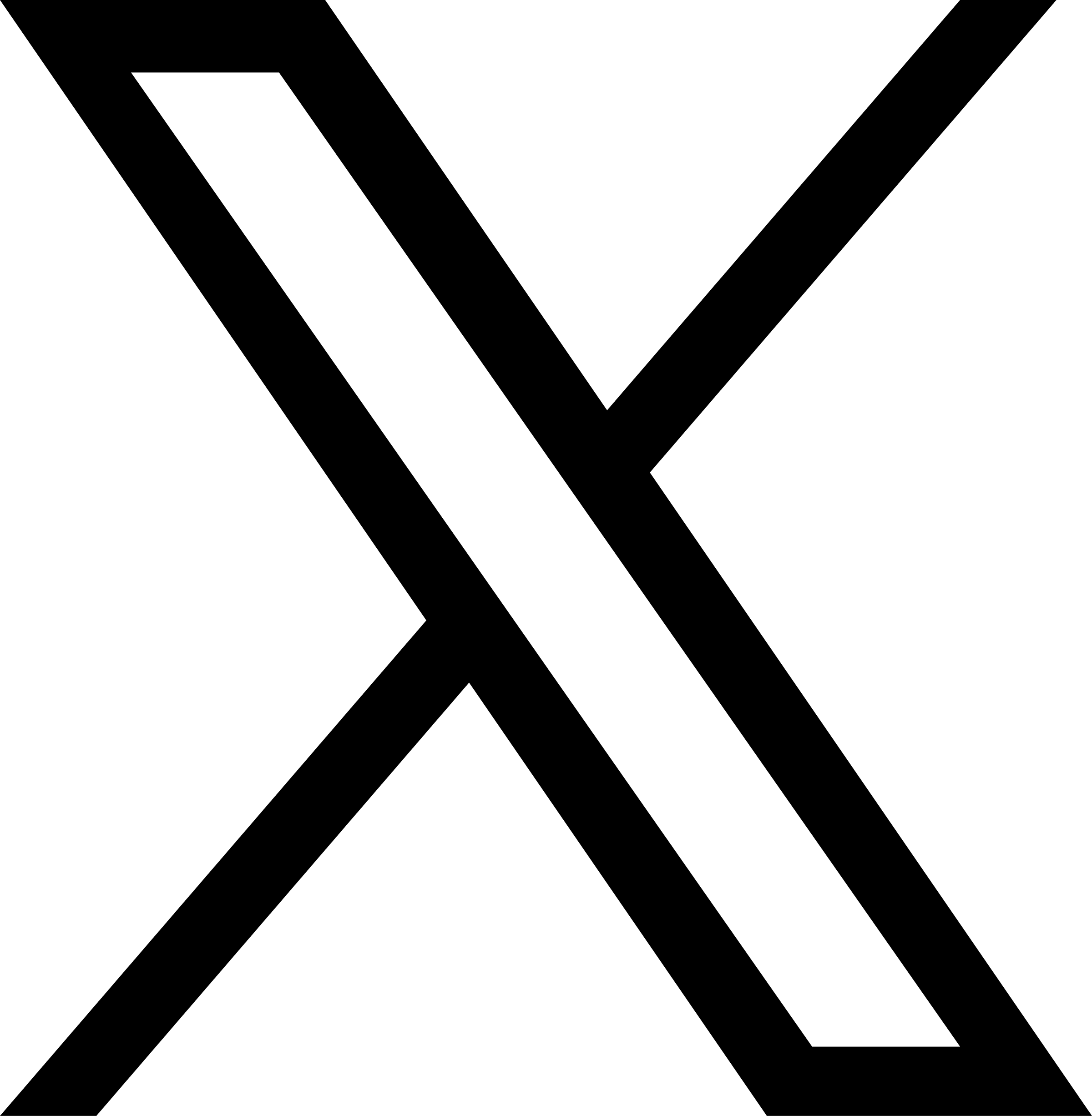
Saturday August 7th 2021 by SocraticDev
The acronym CAPTCHA literally stands for" Completely Automated Public Turing test to tell Computers and Humans Apart ". The objective of the CAPTCHA is to distinguish the human from a robot. Most websites and web applications are intended for human beings. For example, the administrator of a show ticket sales website has every interest in restricting access to its reservation platform to humans. Ticket dealers could use a computer program to buy all of the interesting tickets and resell them at a profit.
We also use the procedure to limit the spam that can be generated by malicious robots.
what is a Turing test?
The Turing test is also called an imitation game ''. It is a game where the computer tries to imitate human behavior. If you cannot tell the human from the machine, then the machine has passed the test.
In the context of CAPTCHA we try to do the opposite: prove that the user is indeed a human being.
"The Turing test is a proposal for an artificial intelligence test based on the ability of a machine to imitate human conversation. Described by Alan Turing in 1950 in his publication Computing Machinery and Intelligence, this test involves putting a human in blind verbal confrontation with a computer and another human.
If the person initiating the conversations cannot tell which speaker is a computer, the computer software may be considered to have passed the test. This implies that the computer and the human will try to have a semantic human appearance. "
an invention from academia
The CAPTCHA is a registered trademark of the American Carnegie-Mellon University. But engineers from the late Altavista search engine claim to have developed a process to counter the character recognition mechanisms ( OCR) attacking their systems in 1997. That is more than five years before the University of Pittsburgh. Silicone Valley engineers say they used the instruction manual for their Brother brand optical scanner to make character recognition even more difficult. By rotating the letters and adding lines etc.
Note that CAPTCHA is a concept rather than an invention. The implementation of the early 2000s gave way to other more complex implementations. Today's computers are powerful enough to easily fool the first CAPTCHAs.
variants
The CAPTCHA is a registered trademark of the American Carnegie-Mellon University. But engineers from the late Altavista search engine claim to have developed a process to counter the character recognition mechanisms ( OCR) attacking their systems in 1997. That is more than five years before the University of Pittsburgh. Silicone Valley engineers say they used the instruction manual for their Brother brand optical scanner to make character recognition even more difficult. By rotating the letters and adding lines etc.
Google patented a more complex system called reCAPTCHA. This is a more complex form of the Turing test. It is basically distributed. That is, the response to the challenge generally stems from a corroboration between the result of an optical recognition system (OCR) and interactions with several users.
In 2012, the Mountain View firm added images taken from Google Maps in its challenges.
Then we see the noCAPTCHA become more prevalent. Essentially a checkbox to prove the user is human. It is by analyzing the movement of the mouse that the server distinguishes the human from the machine.
controversis
For a long time, Google has offered its reCAPTCHA service for free. In return, the firm puts users to work to help it decipher printed characters that are difficult for a machine to recognize. Indeed, Google is participating in a vast project to digitize any printed publication. The challenge is also used to train artificial intelligence systems. The scandal is therefore to use Internet users without paying for their efforts.
Another recent scandal is the one fueled by the company Defenders of the American Dream, LLC. She claims to hold a patent for the mechanics of reCAPTCHA and sends formal notices to a multitude of website owners; it charges several thousand dollars to cover licensing fees.
translated by Google Translate
sources
https://en.wikipedia.org/wiki/ReCAPTCHA
https://en.wikipedia.org/wiki/Turing_test
https://www.eff.org/deeplinks/2021/08/captcha-patent-all-american-nightmare
